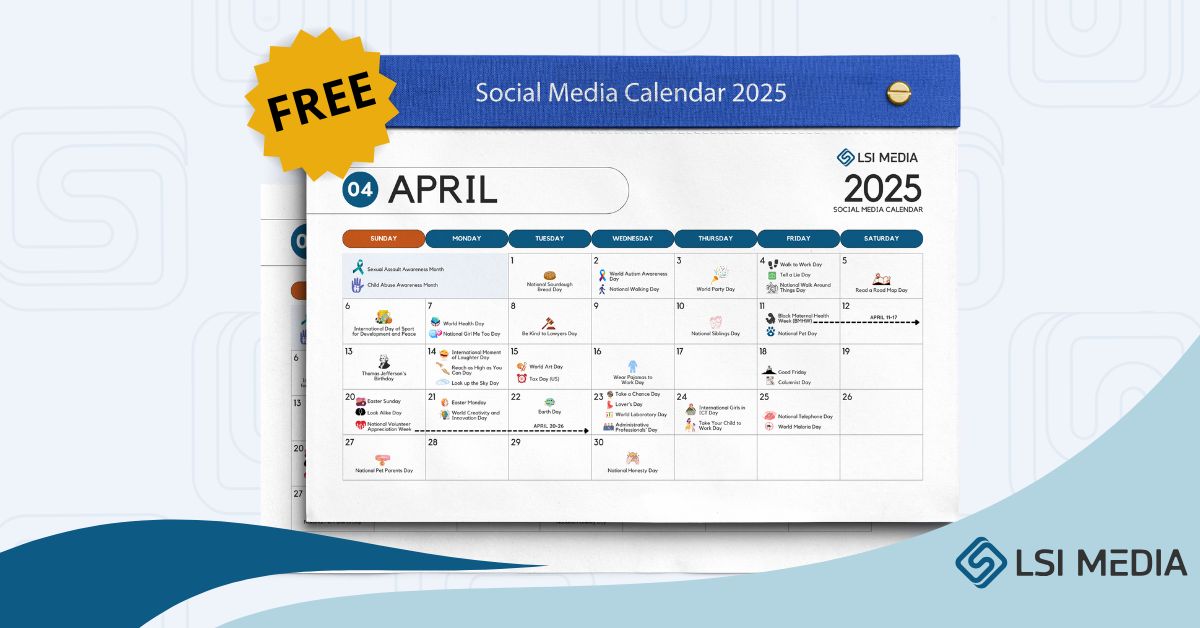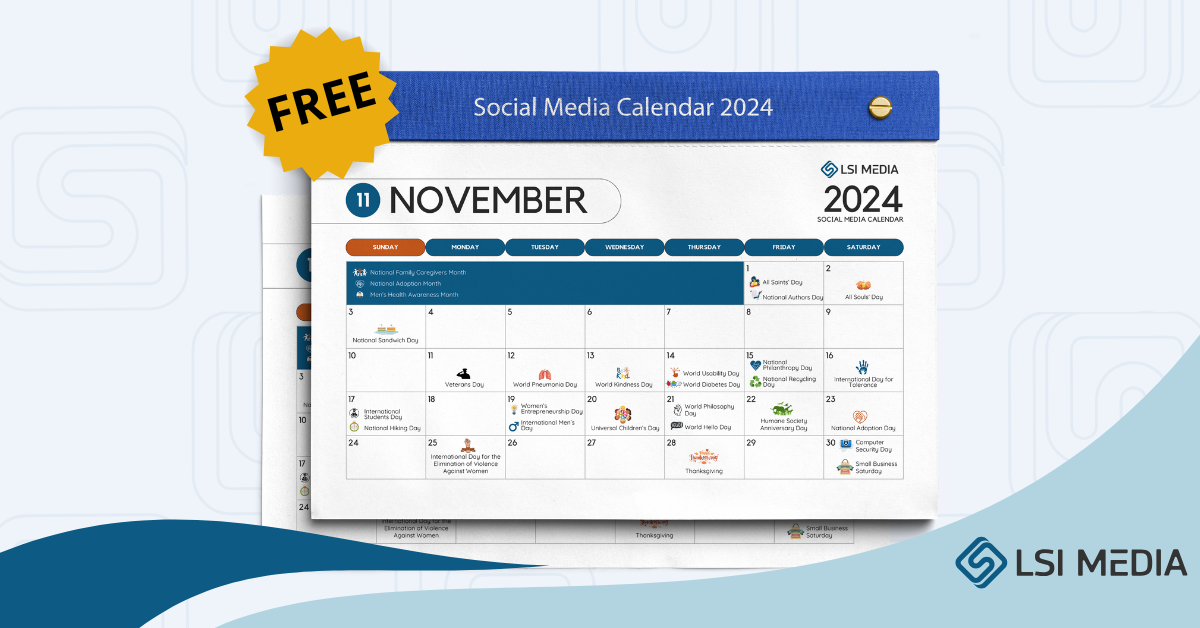Welcome to LSI Media presents Social Media Life Way Points Episode 2:
The Role of Psychology Has an Influence in the World of Social Media. What makes a post on social media successful? Is it the content? The timing? What kind of personality is needed to succeed on social media?
In this episode, we will discuss how psychology plays a vital role in social media marketing and how you can use it to improve your campaigns. Our guest, Idris Grant, is the CEO and co-founder of LSI Media and is a member of our team of digital media marketing experts.
During the episode, Idris talks about the psychology of influence in the world of digital media. He explains a methodology LSI Media has used for the past 12 years to create compelling marketing campaigns.
Marketing is not just about creating a product and selling it, it is also about getting people to want to buy your product before they know they need it.
People all across the globe have grown more connected, more informed, and have a greater sense of community than at any time before. It means that, as an organization, you have the opportunity to reach thousands of people through digital channels when trying to spread the word about your business.
To sum it up, the best well-thought-out marketing will consider the emotional and rational aspects of a person’s psyche. In addition to using psychology in your campaign to draw an emotional response, it is also important to use facts and logic to appeal to the more rational side of someone’s personality.
This approach is a surefire way to appeal to most people since the vast majority are affected by emotions and logic in their decisions.
Wrap Up
It is evident that the role of psychology has a significant influence on the world of social media. As social media continues to evolve and shape our lives, understanding the psychological aspects behind user behavior and online interactions becomes essential.
The field of psychology provides insights into why individuals engage in certain online behaviors, such as seeking validation through likes and comments, experiencing fear of missing out or experiencing social comparison. By applying psychological theories and concepts, social media platforms can design features that cater to users’ psychological needs, ultimately enhancing user experience and engagement.
The understanding psychological implications of social media can educate individuals on the potential negative effects, such as cyberbullying or addiction, and how to mitigate them.
Therefore, psychology plays a crucial role in shaping the future of social media by fostering a better understanding of user behavior, promoting responsible use, and optimizing the overall positive impact of these platforms on society.
FAQs:
1. How does psychology play a role in social media?
Psychology plays a significant role in social media as it helps understand human behavior and motivations. People’s emotions, thoughts, and actions on social media platforms can be analyzed using psychological principles and theories, allowing marketers, advertisers, and social media platforms to better understand and target their audiences.
2. Can psychology be used to manipulate users on social media?
Yes, psychology can be used to influence and manipulate users on social media. By leveraging psychological techniques such as persuasive messaging, social proof, and personalized recommendations, social media platforms and advertisers can shape users’ behaviors, preferences, and decision-making processes. It is important, however, to use these tactics ethically and responsibly.
3. How does social media impact mental health?
Social media can have both positive and negative impacts on mental health. On one hand, it allows people to connect with others, share experiences, and find support.
On the other hand, excessive use of social media, comparison with others, and exposure to cyberbullying can contribute to feelings of loneliness, anxiety, depression, and low self-esteem.
4. What psychological factors make content go viral on social media?
Several psychological factors contribute to making content go viral on social media. These include emotions (content that triggers strong emotions tends to be shared more), social currency (content that makes people look good when they share it), practical value (content that provides useful tips or solutions), and storytelling (content that engages people emotionally through narratives).
5. How do social media algorithms use psychology to personalize content?
Social media algorithms leverage psychological principles to personalize content for users. They analyze users’ past behaviors, preferences, and interactions to recommend content that is more likely to engage and retain their attention. By understanding users’ psychology, algorithms can present them with more relevant and appealing content.
6. Can social media be addictive?
Yes, social media can be addictive due to its ability to trigger the brain’s reward system. Frequent social media use can lead to the release of dopamine, a neurotransmitter associated with pleasure and reward. The constant desire for social validation, fear of missing out (FOMO), and the addictive nature of scrolling through feeds can contribute to addictive behavior.





















